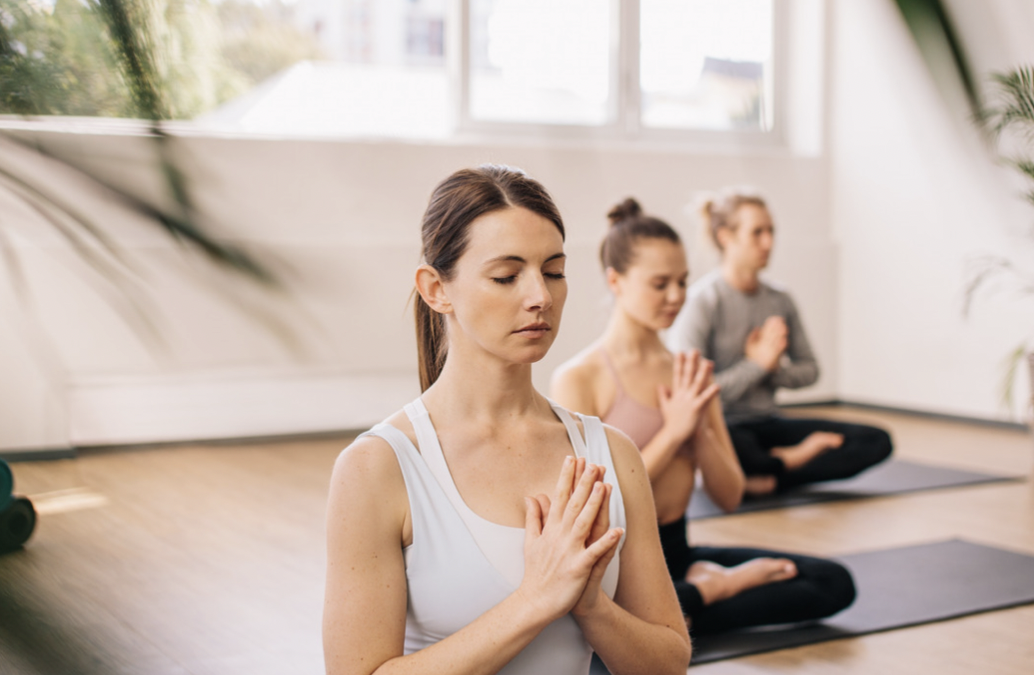Breathing is an essential and often overlooked aspect of our well-being. It is a powerful, free modality that can be utilized anywhere to promote relaxation, calm the nervous system, and reduce feelings of stress, anxiety, and overwhelm. This blog will explore the importance of breath, provide tips on how to incorporate breathing exercises into your daily routine, and recommend some top apps and exercises for effective breathwork.
The Importance of Breath
Breathing is not just a vital physiological function; it is also a tool for enhancing mental and emotional health. Research indicates that deliberate breath control, or breathwork, can significantly reduce stress and improve mental health. Breathwork has been shown to lower levels of self-reported stress and anxiety and may even alleviate depressive symptoms. The practice of controlled breathing can enhance parasympathetic tone, which helps counterbalance the high sympathetic activity associated with stress and anxiety.
Tips for Effective Breathing Exercises
- Choose a Comfortable Setting: Find a quiet place where you can focus on your breathing, whether it’s your bed, a chair, or a yoga mat.
- Consistency is Key: Try to practice at the same time every day to build a habit. Even a few minutes a day can make a significant difference.
- Wear Comfortable Clothing: This will help you breathe more freely and avoid any restrictions.
- Don’t Force It: Allow your breath to flow naturally without forcing it, as this can increase stress.
Simple Breathing Exercises
- Deep Breathing: Inhale deeply through your nose, allowing your belly to rise, and exhale through your nose. This technique can help reduce anxiety and increase energy.
- Equal Breathing: Inhale and exhale for the same count (e.g., five counts each). This exercise promotes balance and calm.
- Progressive Muscle Relaxation: Tense and relax different muscle groups while breathing deeply. This technique helps relieve physical and mental tension.
- 4-7-8 Breathing: Inhale for four seconds, hold for seven, and exhale for eight. This method is particularly effective for relaxation and reducing anxiety.
- Humming Bee Breath: Inhale deeply and exhale with a humming sound. This technique can relieve frustration and anxiety.
Recommended Breathing Apps
- Calm: Offers guided breathing exercises along with meditation and sleep aids.
- Insight Timer: Features a vast library of breathwork sessions and community support.
- Headspace: Provides breathing exercises tailored for different moods and situations.
- Simple Habit: Focuses on short, daily breathwork exercises for busy individuals.
- Breathe2Relax: Designed by the National Center for Telehealth & Technology, this app focuses on diaphragmatic breathing for stress management.
Academic Insights
Several studies have highlighted the psychophysiological benefits of breathing exercises. For instance, deep breathing exercises have been shown to reduce blood pressure and psychological stress. A meta-analysis found that breathwork interventions were associated with lower levels of stress and anxiety. Moreover, slow breathing techniques have been linked to positive changes in the autonomic and central nervous systems, enhancing relaxation and reducing symptoms of anxiety and depression.Incorporating breathwork into your daily routine can be a transformative practice for your mental and physical health. By understanding the importance of breath and utilizing these exercises and tools, you can harness this powerful modality to improve your overall well-being.
Happy Breathing!
XOXO,
Clarita, Founder of Aligned Rituals

